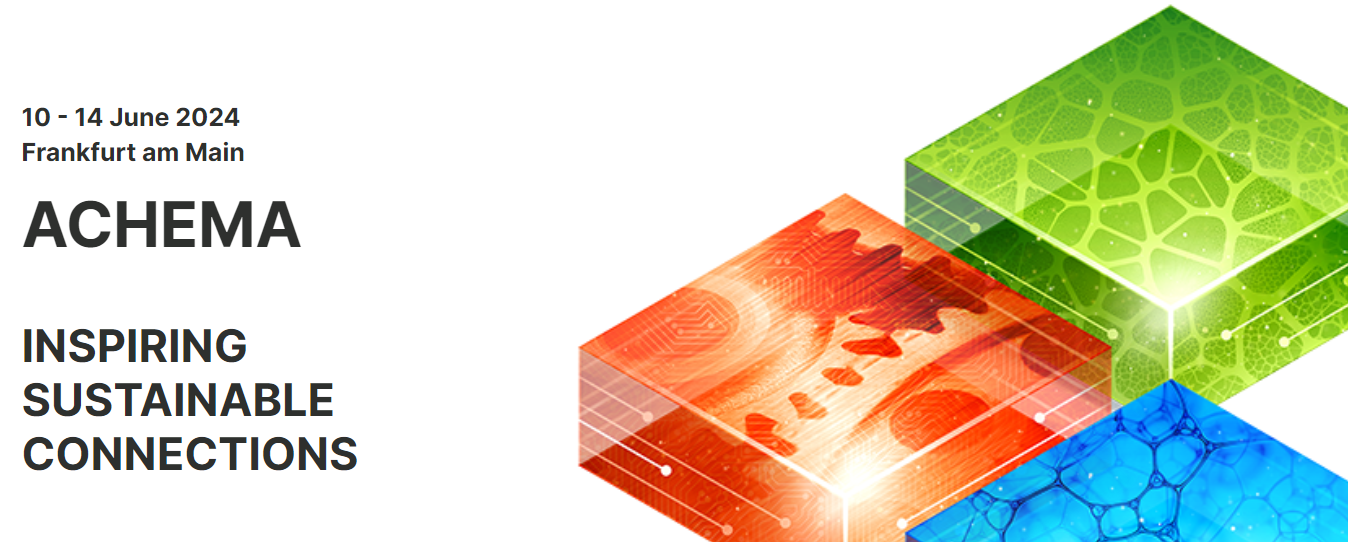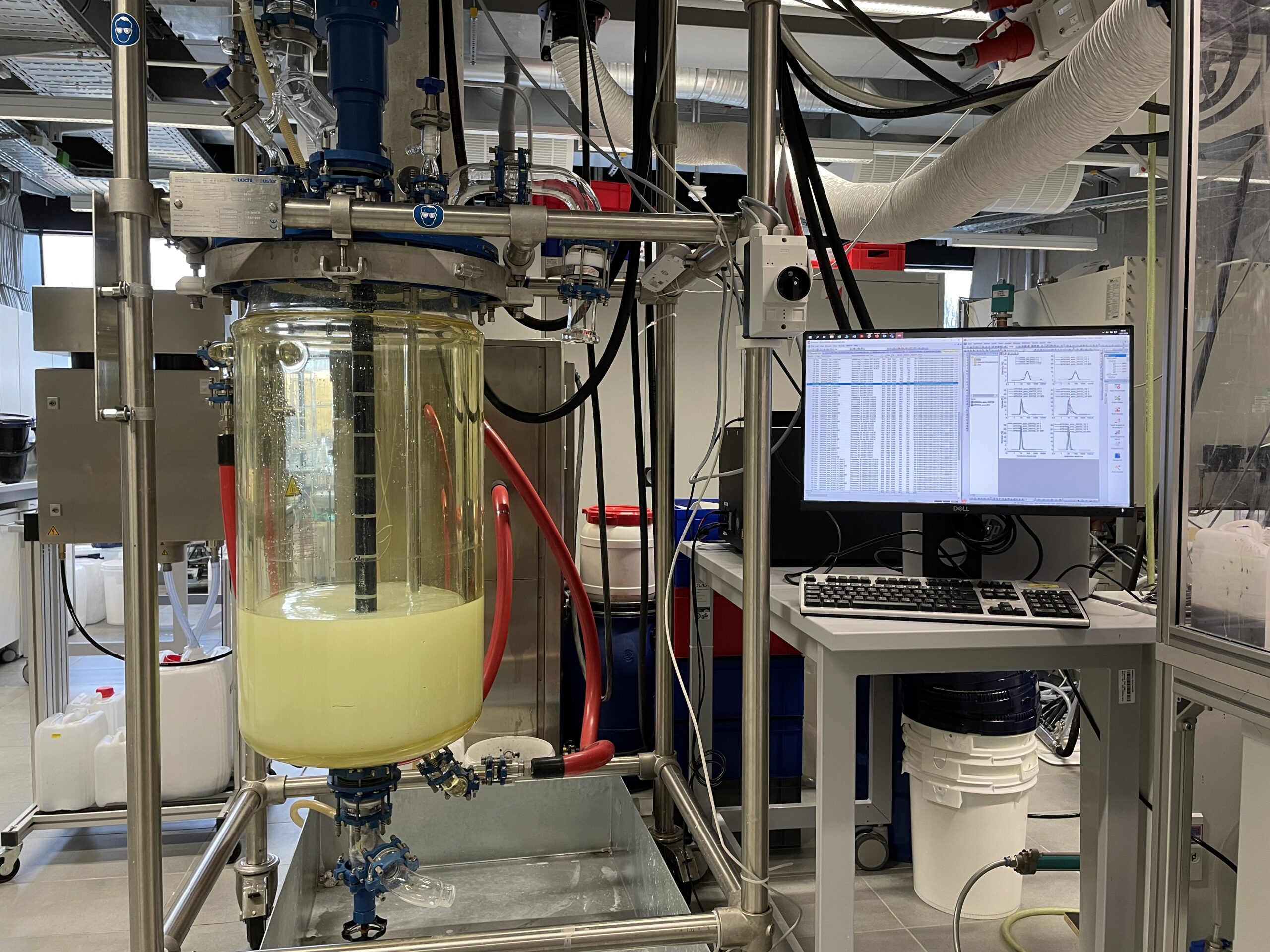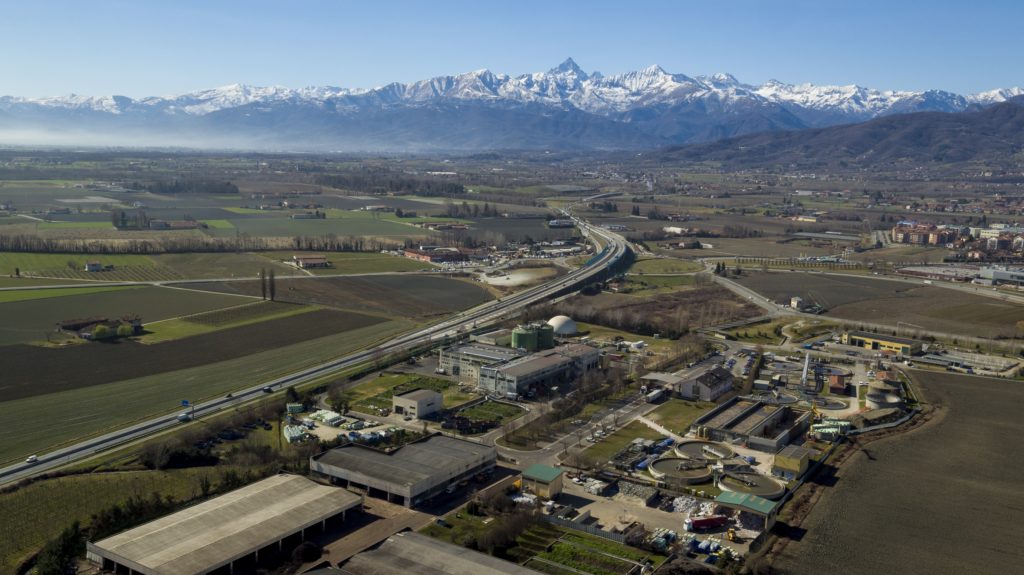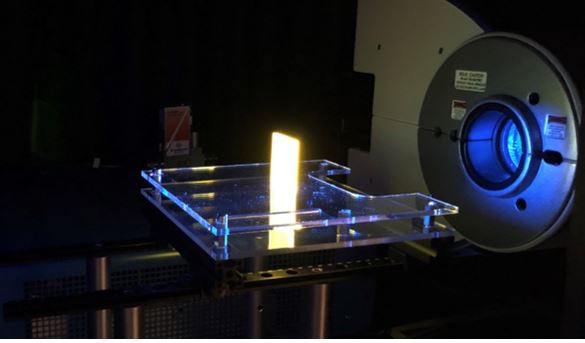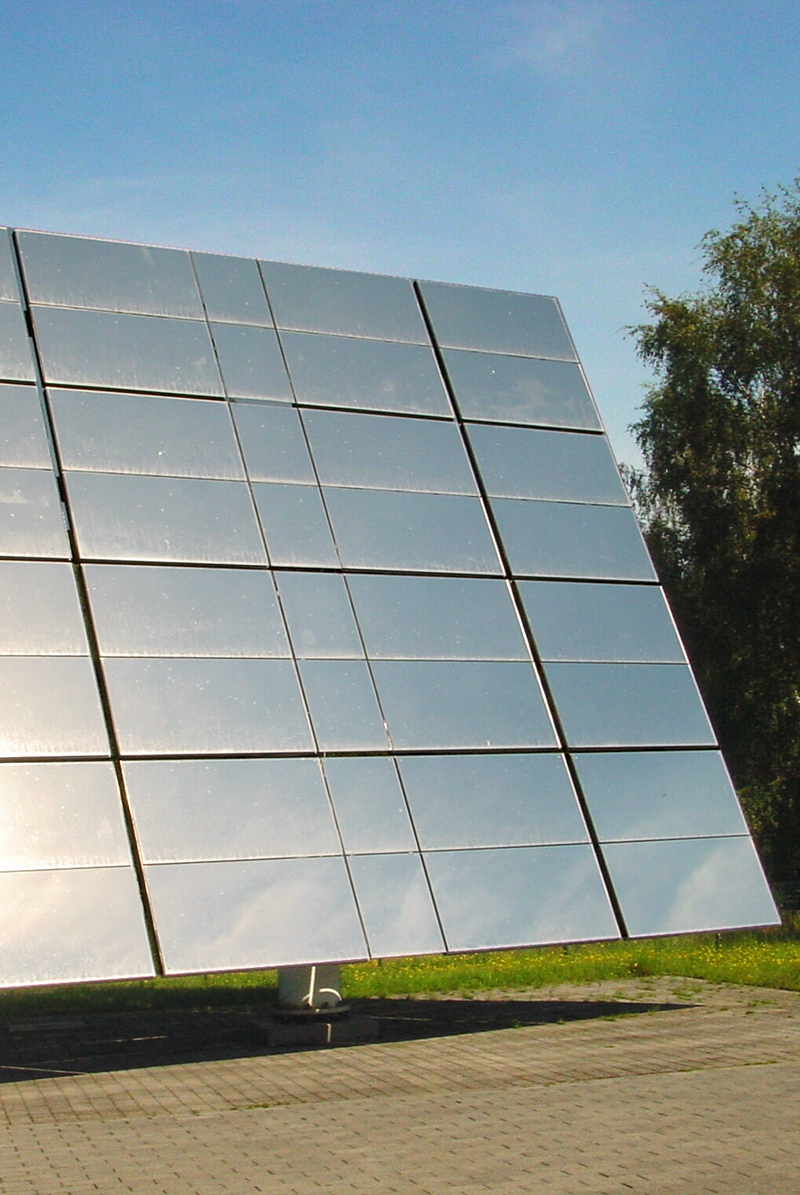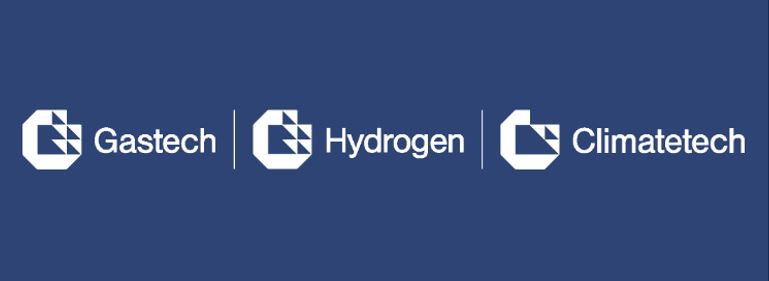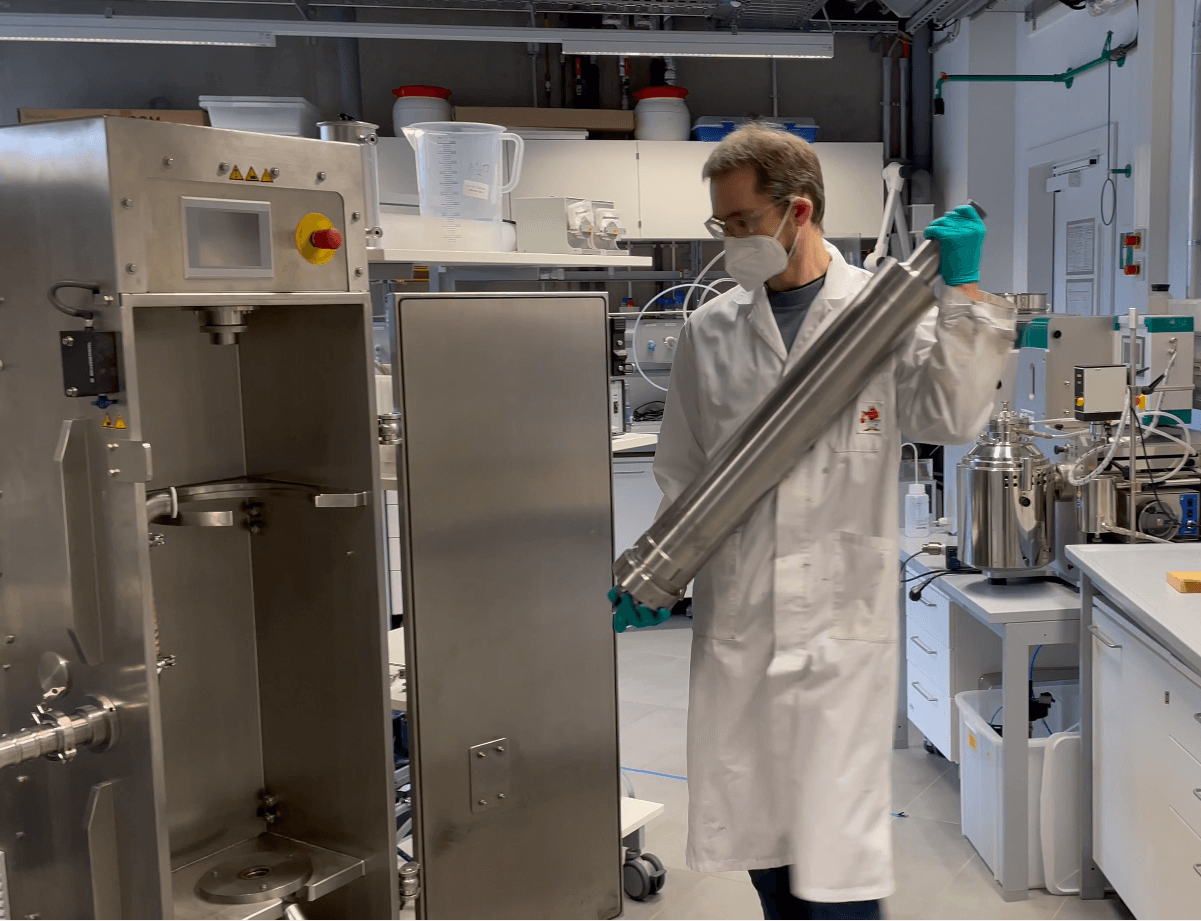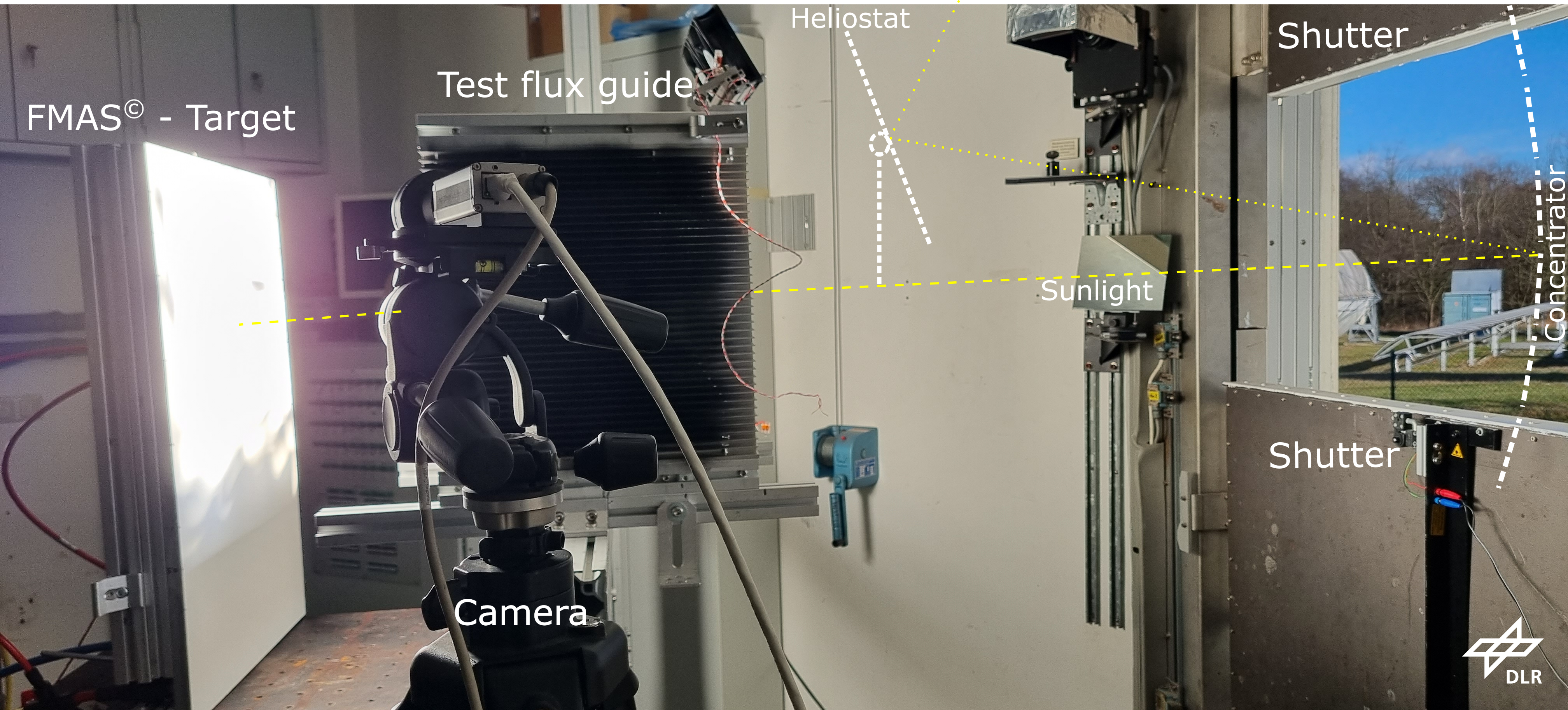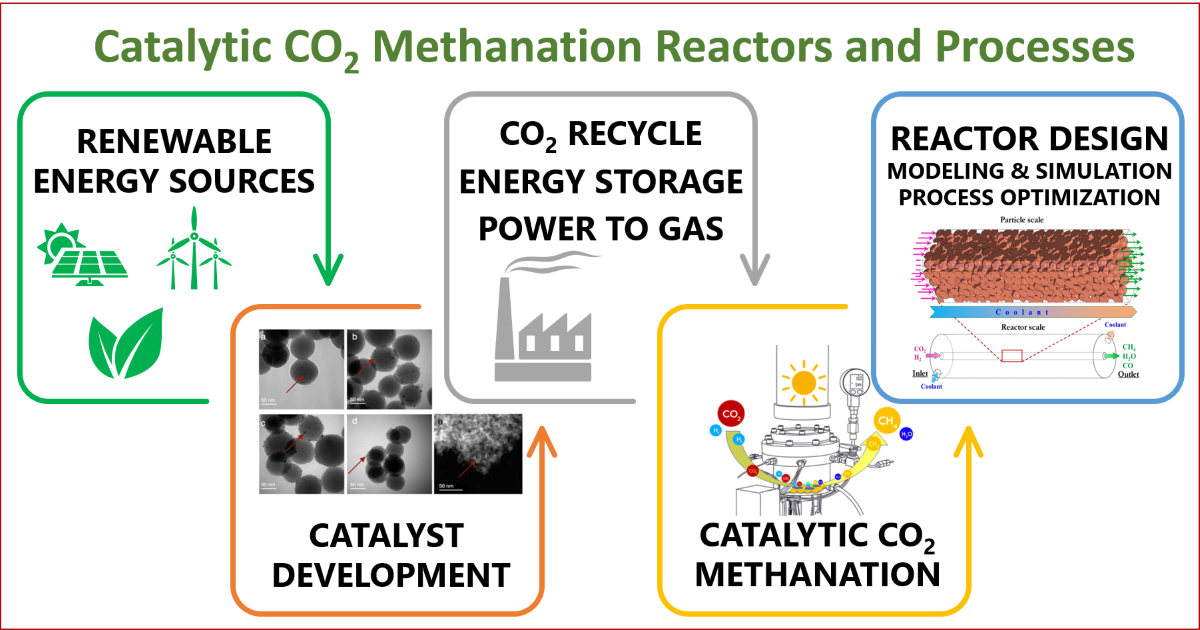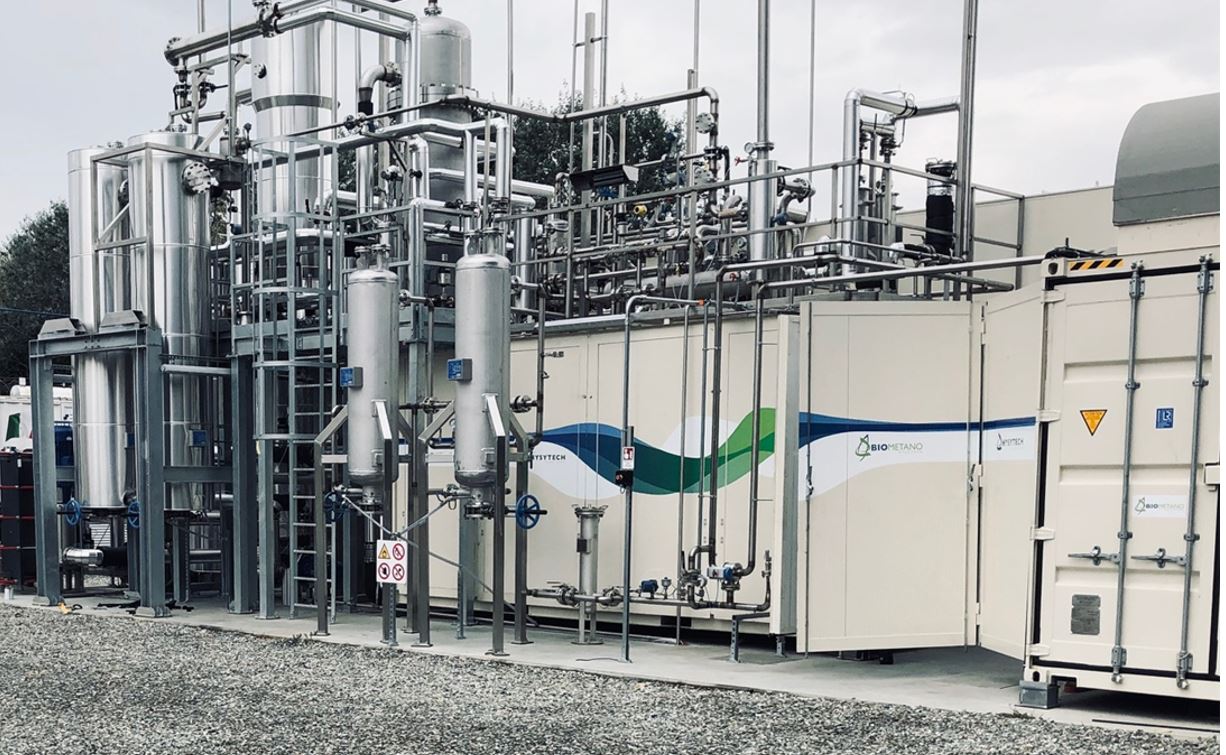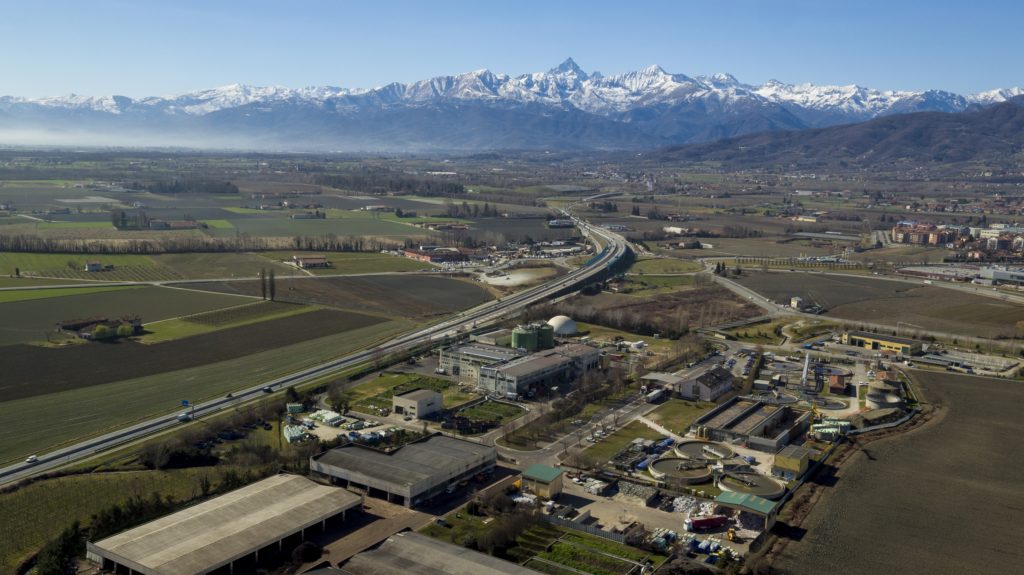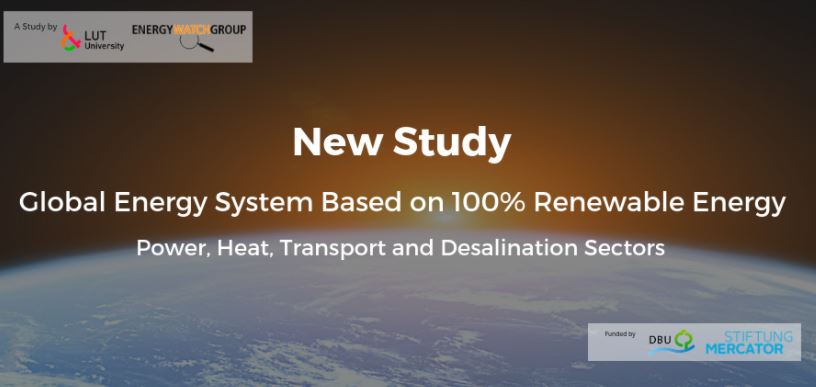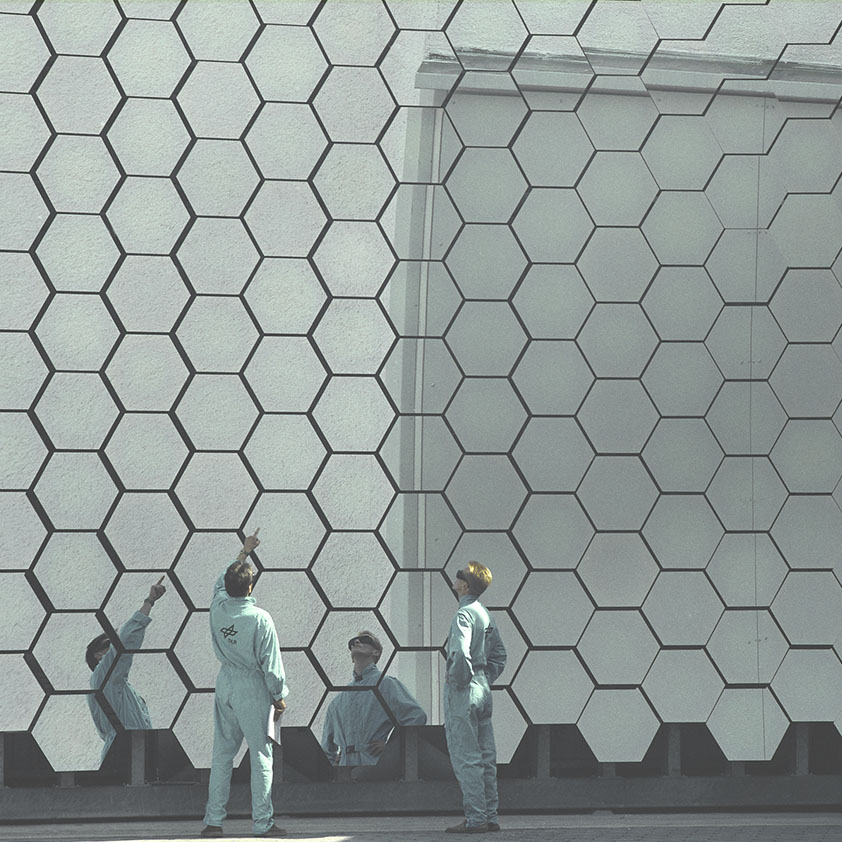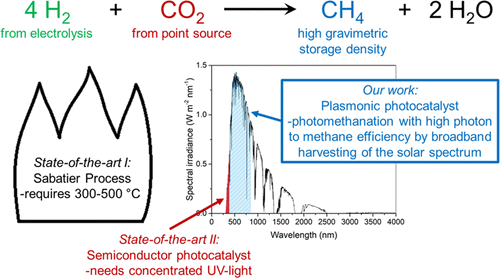REMAINS UP TO DATE
Discover the latest news on the progress of the project.
And find out about the events and conferences where we are participating.
-
SPOTLIGHT Shines Light on Sun-Powered Chemistry
The SPOTLIGHT project, focusing on advancing sunlight-fueled chemistry, is set to showcase groundbreaking developments at ACHEMA. Leveraging the potential of photochemistry, SPOTLIGHT aims to propel the chemical industry towards sustainable practices by harnessing renewable energy sources and eco-friendly feedstocks. Photochemistry has
-
Towards the Use of Renewable Syngas for the Decarbonization of Industry
Renewable syngas can replace fossil-fuel based syngas and thereby play an essential role in the decarbonization of industry. We quantify H2 and CO flows required for the transformation of industry towards a net-zero emitting sector. We also undertake a techno-economic analysis,
-
Science Advances | Research Article: Non–steady state thermometry with optical diffraction tomography
Label-free thermometry is a pivotal tool for many disciplines. However, most current approaches are only suitable for planar heat sources in steady state, thereby restricting the range of systems that can be reliably studied. Here, we introduce pump probe–based optical
-
We participated in Greener Manufacturing Expo 2023
Greener Manufacturing Conference & Expo is the must-attend event for any sustainability focused company looking to reduce the impact of their industrial and manufacturing processes on the environment and global climate change through renewable and circular manufacturing solutions. During this
-
Discover Fraunhofer role at the project: upscaling of the synthesis of catalyst particles
Fraunhofer, based in Germany, is the world’s leading applied research organization. By prioritizing key technologies for the future and commercializing its findings in business and industry, it plays a major role in the innovation process. A trailblazer and trendsetter in innovative
-
ACEA is the biogenic CO2 supplier at Spotlight project
ACEA Pinerolese Industriale spa is an Italian multiutility company, which works in the environmental sector. The entity is part of the SPOTLIGHT project Consortium as CO2 supplier. This biogenic CO2 comes from the anaerobic digestion of OFMSW and the following
-
EPFL supports reactor design, operation and performance optimization at SPOTLIGHT
Located in Located in Switzerland, EPFL is one of Europe’s most vibrant and cosmopolitan science and technology institutions. It is therefore an honour for the SPOTLIGHT project to be part of the project consortium. Within the framework of SPOTLIGHT project, EPFL
-
Discover the development of the flow guide that illuminates the reactor homogeneously with sunlight.
Our Consortium member DLR - The Federal Republic of Germany's research centre for aeronautics and space - is responsible for the development of the flux guide that illuminates the reactor homogenously with solar light. Moreover, they are the leaders of
-
8-9 NOVEMBER The Greener Manufacturing Show 2023
The Greener Manufacturing Show is the must-attend event for any sustainability-focused company looking to design and manufacture their products from more sustainable materials, limit and eliminate the use of toxic chemicals, and reduce the impact of their industrial and
-
Life-Cycle Assessment of Innovative Solar-Based Methane/Carbon Monoxide Production Process
Life-Cycle Assessment of Innovative Solar-Based Methane/Carbon Monoxide Production Process Giorgio Bonvicini*1, Pasquale Pinto1, Sara Abd Alla1, Andrea Pestarino1, Kai Risthaus2, Jonathan van den Ham3, Nicole Meulendijks3, Pascal Buskens3 1 RINA Consulting S.p.A. – Via A. Cecchi, 6 – 16129 Genova, Italy 2 Deutsches Zentrum
-
Spotlight at GASTECH CONFERENCE
This year we will be at Gastech (Singapore, 23 September). A relevant event for our project. The exhibition venue will offer space to showcase the latest innovations in natural gas and LNG, hydrogen, low-carbon solutions and climate technology. Supported by
-
Lab exchange: “transfer of lab-scale syntheses to a larger scale”
Lab exchange: "transfer of lab-scale syntheses to a larger scale". A total profit for SPOTLIGHT. Within the SPOTLIGHT project, TNO develops lab-scale wet-chemical syntheses of plasmonic catalysts and analyses their performance in in catalytic processes. Fraunhofer is responsible for the upscaling
-
A reactor equipped with a plasmonic catalyst to produce either methane or carbon monoxide is being developed for operation under concentrated sunlight
In the SPOTLIGHT project, a reactor equipped with a plasmonic catalyst to produce either methane or carbon monoxide is being developed for operation under concentrated sunlight. The SPOTLIGHT consortium will test a prototype in the solar furnace at DLR in Cologne,
-
Using Fiber Bragg Grating Sensors to Quantify Temperature Non-Uniformities in Plasmonic Catalyst Beds under Illumination
ChemPhotoChem is a monthly peer-reviewed scientific journal that covers pure and applied photochemistry. It is published by Wiley-VCH on behalf of Chemistry Europe. The journal publishes original research covering topics such as photovoltaics, photopharmacology, imaging, analytical chemistry, and synthesis. We are glad to share with you that we are on the
-
Special Issue “Catalytic CO2 Methanation Reactors and Processes”
The preparation of Ru nanoparticles supported on γ-Al2O3 followed by chemical reduction using RuCl3 as a precursor is demonstrated, and their properties are compared to Ru nanoparticles supported on γ-Al2O3 prepared by impregnation of γ-Al2O3 with Ru3(CO)12 and subsequent thermal decomposition. The Ru nanoparticles resulting
-
AZoOptics speaks to Nicole Meulendijks from TNO about the SPOTLIGHT consortium and its use of sunlight and photonics
In this project, we are developing technologies that attribute to the safeguarding of our future energy supply by the transfer from fossil fuels to sustainable energy sources and the reduction of CO2 emissions in order to reach the objectives of
-
Using Fiber Bragg Grating Sensors to Quantify TemperatureNon-Uniformities in Plasmonic Catalyst Beds under Illumination
Distinguishing between photothermal and non-thermal contributions is essential in plasmon catalysis. Use of a tailored optical temperature sensor based on fiber Bragg gratings enabled us to obtain an accurate temperature map of an illuminated plasmonic catalyst bed with high spatiotemporal
-
The project encourages the collaboration of external stakeholders belonging to the solar fuels value of chain.
This new H2020 project that will develop innovative photonic devices for highly efficient, sunlight-fueled chemical processes. The projects aims at demonstrating an innovative process for the production of solar fuels, where the photonic device will facilitate efficient sunlight-powered conversion of
-
SPOTLIGHT represents for ACEA the possibility to give value to the CO2 produced by the biomethane plant
ACEA is a public multi-utility company, providing services in the water, energy and environmental sectors, the reference point at a regional level for the organic waste treatment. The ACEA Waste Treatment Plant was established in 2003 to initially serve only the
-
Working together on the basic components of the photonic device to reach the overall goals
Over the last months, the Spotlight consortium has been working on the basic components of the photonic device and the overall process. During mostly online meetings, experts from the involved partners exchanged ideas in how to reach the overall goals
-
The future of solar fuels: when could they become competitive?
Solar energy driven processes with H2O and CO2 as basic feedstocks can produce “solar fuels” that could substitute their fossil based counterparts. This article summarizes the main findings of a techno-economic analysis of systems that can generate different types of
-
New Study: Global Energy System based on 100% Renewable Energy
The new study by the Energy Watch Group and LUT University is the first of its kind to outline a 1.5°C scenario with a cost-effective, cross-sectoral, technology-rich global 100% renewable energy system that does not build on negative CO2 emission
-
Collective photothermal effect of Al2O3-supported spheroidal plasmonic Ru nanoparticle catalysts in the sunlight-powered Sabatier reaction
Plasmon catalysis is an interesting technology concept for powering chemical processes with light. Here, we report the use of various Al2O3-supported Ru spheroidal nanoparticles as catalyst for the low-temperature conversion of CO2 and H2 to CH4 (Sabatier reaction), using sunlight
-
“SPOTLIGHT solar fuels”: a disruptive photonic technology to create carbon neutral fuels
A new H2020 project that will develop innovative photonic devices for highly efficient, sunlight-fueled chemical processes. The sun is a valuable source of energy. It can be used to produce electricity but it can also be stored into complex chemical molecules:
-
A Study on the Contribution of Laser Illumination
The interaction between plasmonic metal catalysts and visible light can be exploited to increase their catalytic activity. This activity increase results from the generation of hot charge carriers or hot surfaces, or a combination of both. We have studied the
-
Sunlight-Fueled, Low-Temperature Ru-Catalyzed Conversion of CO2 and H2 to CH4 with a High Photon-to-Methane Efficiency
Methane, which has a high energy storage density and is safely stored and transported in our existing infrastructure, can be produced through conversion of the undesired energy carrier H2 with CO2. Methane production with standard transition-metal catalysts requires high-temperature activation

